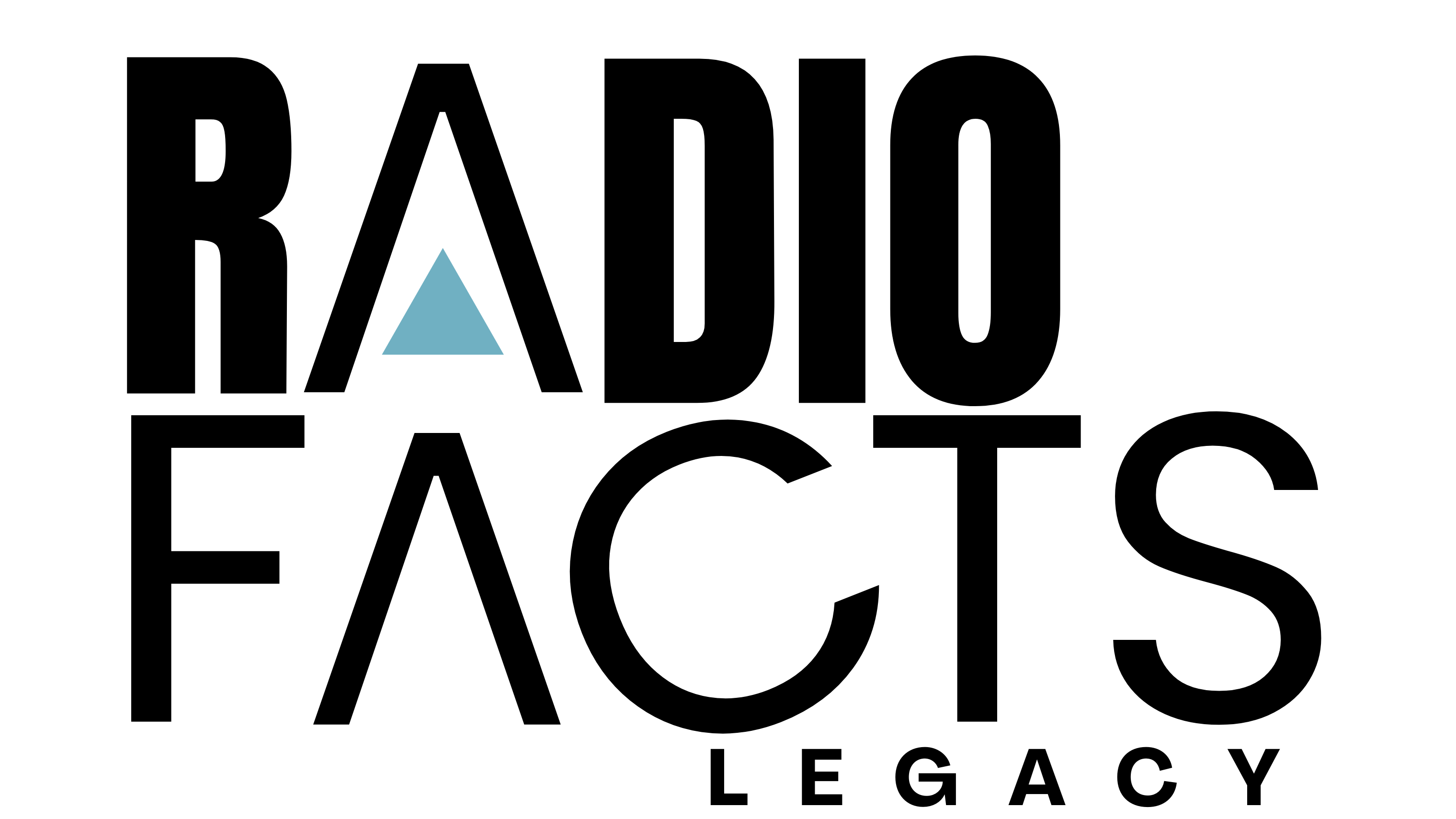As we journey through 2025, the importance of music education continues to be emphasized by evolving neuroscience research. Parents striving to give their children the chances for growth should take note of the compelling benefits of music education. It doesn’t just enhance a child’s cognitive, social, and creative potential – it’s also a powerful tool for holistic development. This blog post delves into the recent findings from various studies, shedding light on how music education accelerates speech and reading skills, boosts attention span, fosters emotional intelligence, and promises much more.

Music Education: A Pathway to Holistic Development
Over the past few years, The Royal Conservatory of Music has compiled findings from various studies, presenting a comprehensive overview of the benefits of music education. The document underscores the remarkable insights that neuroscience research offers into the long-term value children derive from music training.
“Music is one of the most potent means to nurture human development and build thriving communities. Music education is recognized as a potent tool for realizing a child’s full intellectual, social, and creative potential,” asserts Dr. Peter Simon, President and CEO, The Royal Conservatory of Music.
The Multifaceted Benefits of Music Education
Music education enhances IQ and working memory, facilitates better information processing and motor coordination, and strengthens neural connections in the brain. This improvement in brain structure and function is attributed to a process called neuroplasticity. Music training provides long-term health benefits too. It’s been shown to delay the onset of dementia and compensate for hearing loss later in ” target=”_blank”>, enabling seniors with musical training to discern sounds in noisy environments despite hearing loss.
“Practicing music trains our brains in skills that are not just relevant to music, but also to many other crucial activities. For children, music study contributes to their cognitive development and can provide lifelong benefits in health and resilience,” emphasizes Dr. Sean Hutchins, of Research at The Royal Conservatory.
Music and Brain: The Neuroscience Perspective
Technologies like functional Magnetic Resonance Imaging (fMRI) and electroencephalography (EEG) have given neuroscience researchers a deeper understanding of what happens inside the brain when it processes music, and how this activity promotes better learning and functioning. The research is demonstrating that learning to play an instrument or sing leads to changes in the brain that encourage cognitive growth.
Over 200 neuroscientists worldwide are engaged in researching the effects of music study on brain function and structure. Many of the leaders in this field are based in Canada, with research clusters in Montreal, Hamilton, and Toronto. The Royal Conservatory’s Dr. Hutchins is a global authority in the study of vocal perception and production.
The Conservatory’s research article can be found here.
#MusicEducation #Neuroscience #ChildDevelopment #CognitiveGrowth #RoyalConservatory




















